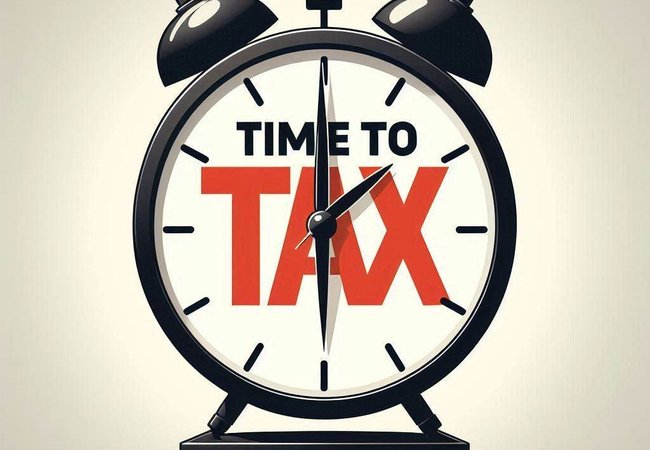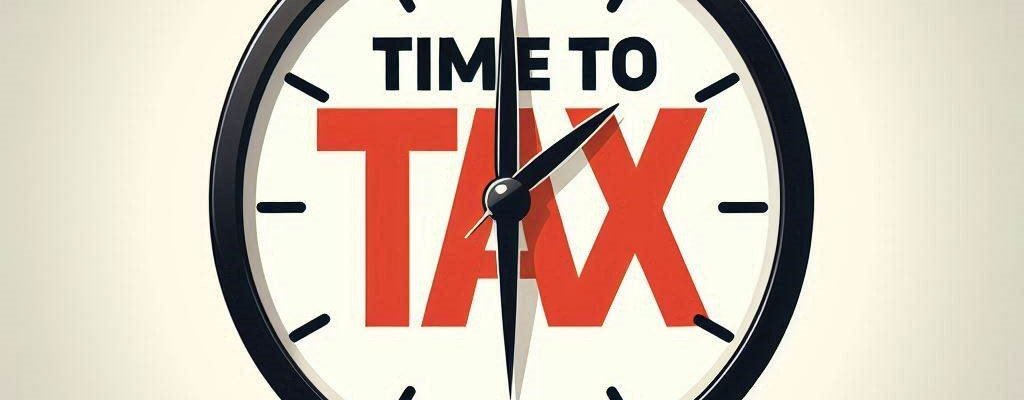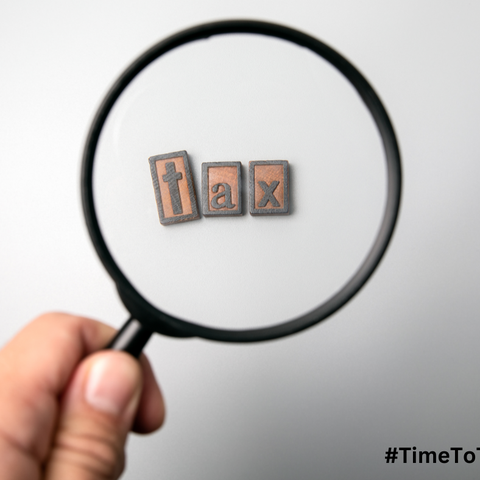Making wealth pay its share
The upcoming UK Budget is a key moment. Tax rises seem likely – the question is: who will pay more?
With most powers to tax wealth sitting with Westminster, a package of fairer taxes on wealth could make a substantial difference. A modest 2% levy on fortunes over £10 million, better taxes on property, land, dividends, inheritance, and capital gains, and closing loopholes could raise up to £60 billion in extra cash a year. That could help tackle poverty, fund public services, and invest in the climate solutions we all need.
These ideas aren’t radical, they’re wildly popular. Economists, campaigners, and most of the public are already on board, and so are many millionaires who recognise it’s time for them to pay more. The message is clear: the Chancellor must fix a system long tilted toward the richest.
Small changes, big differences
It’s past time for the UK Government to pull their wealth tax levers, but Scotland can also use its own powers to deliver tangible change.
Scottish Ministers have already made Income Tax a bit fairer.
Here, people who earn less than around £30,300 – around half of Scottish taxpayers – pay less Income Tax than elsewhere in the UK, while higher earners contribute a bit more. This is expected to raise more than £600 million extra this year for schools, hospitals, and local services.
Over time, many of us will need to chip in a bit more, but for now the focus should remain on those with the deepest pockets. For instance, lowering the threshold for paying the higher rate of tax in Scotland by £1,000 would mean someone on £45,000 would pay around £17 extra a month – roughly the cost of a couple of cinema tickets.
That single tweak could raise up to £143 million more: money that could help increase the Scottish Child Payment to £40 a week and lift tens thousands of children out of poverty.
This is what a fair tax system can achieve: small extra contributions from those who can best afford it, adding up to big change for everyone.
Replacing Council Tax
But Income Tax is just one part of the puzzle.
Local councils are on the frontline of the fight against poverty, yet they’re forced to work with an outdated and unfair Council Tax system based on house prices from 1991.
That means many people in modest homes are paying too much, while owners of more expensive properties pay too little. It’s a system that locks in inequality. Even the Scottish Government admits it isn’t fit for purpose, but they’ve kicked reform into the long grass for years.
All parties must come up with concrete plans to replace Council Tax with a modern, proportional tax on property wealth, where what you pay reflects what your home is worth today. That would be fairer, help raise more for local services and ensure those with the most contribute their share.
Taxing polluters
Of course, fair tax isn’t only about income or property, it’s also about pollution.
In 2024, more than 12,000 pollution-spewing private jets took off from or landed at Scottish airports, many of them using Prestwick, a publicly owned airport. Fairly taxing those passengers could raise nearly £30 million more a year to reinvest into greener transport, cutting costs for ordinary families while tackling climate change. The First Minister says he’s “very sympathetic” to the idea but by stalling action he risks weakening confidence that climate action will be fair as well as fast.
Businesses should play their part too. Why couldn’t Non-Domestic Rates be set in a way that rewards companies for cutting their pollution or for improving the quality of the work they offer?
A growing call for a fairer future
Our political leaders both north and south of the border face a choice: keep the status quo, where inequality widens, the climate crisis worsens, and families continue to struggle, or act boldly to build a fairer, greener, more hopeful future.
This week, campaigners, charities, and community voices will gather for the inaugural Tax Justice Scotland conference, exploring how to make the tax system fit for purpose.
And on Saturday 25 October, thousands will take to the streets of Edinburgh for the Scotland Demands Better march, sending a clear message: they are tired of excuses and want meaningful action.
Political leaders would be wise to listen.
Scotland has always valued fairness. Now she’s demanding it’s delivered.
This article originally appeared in the Sunday Post.




